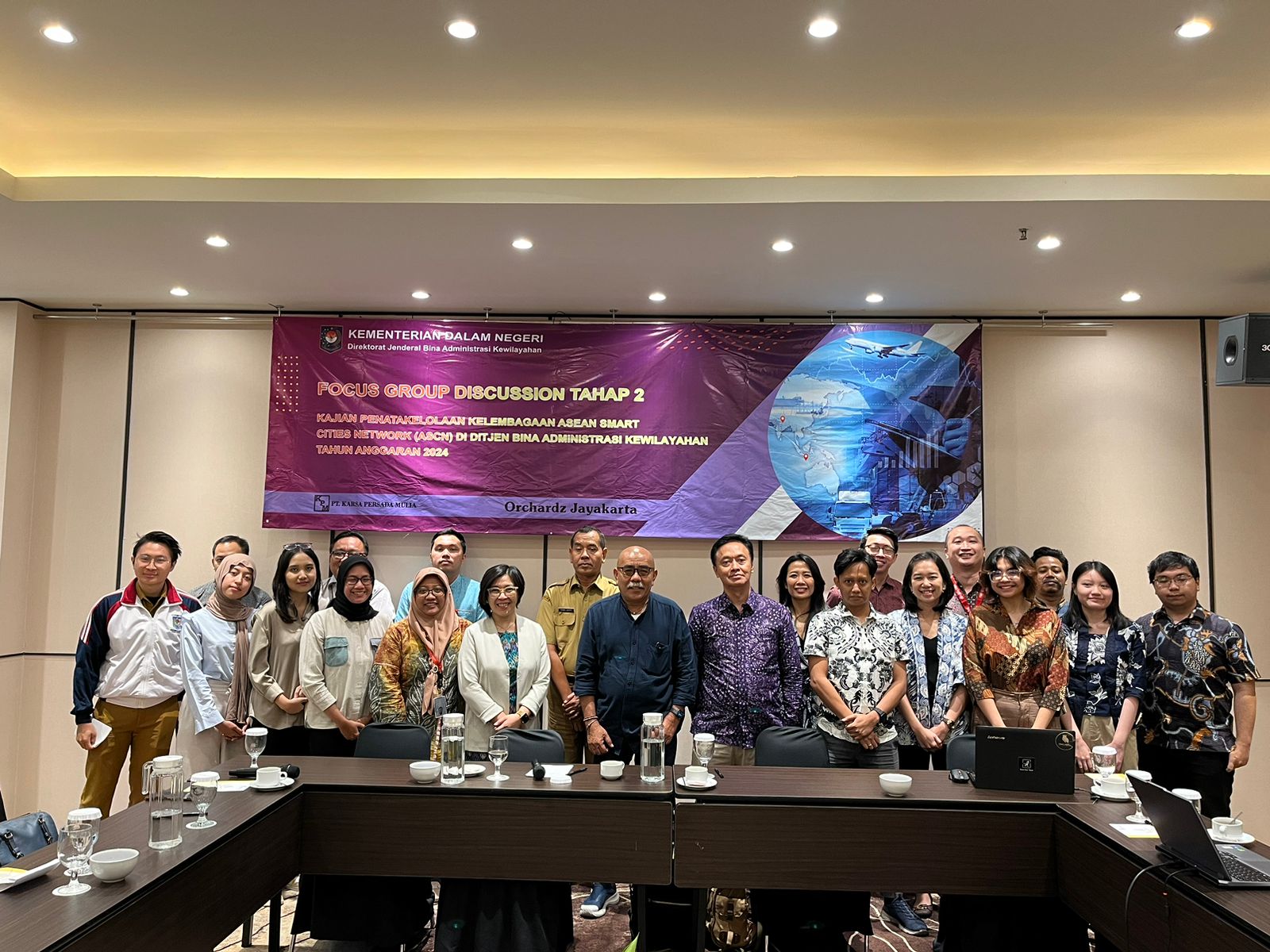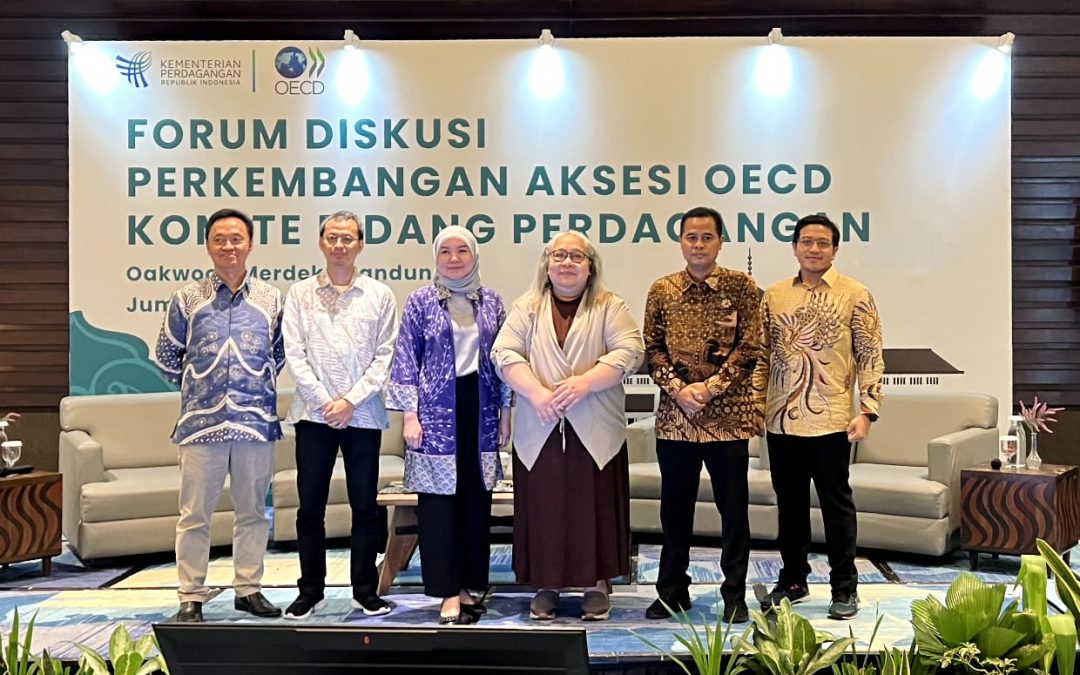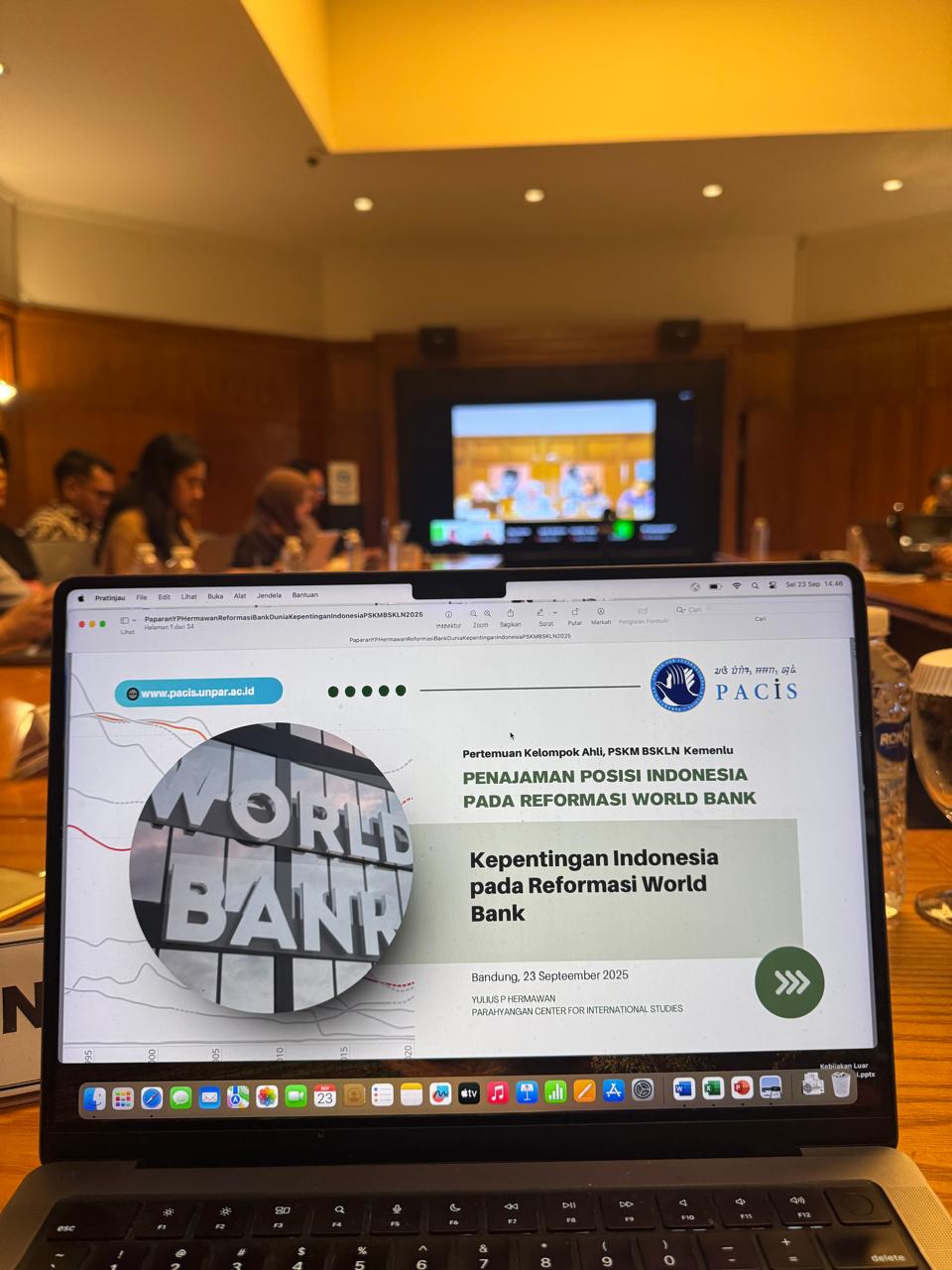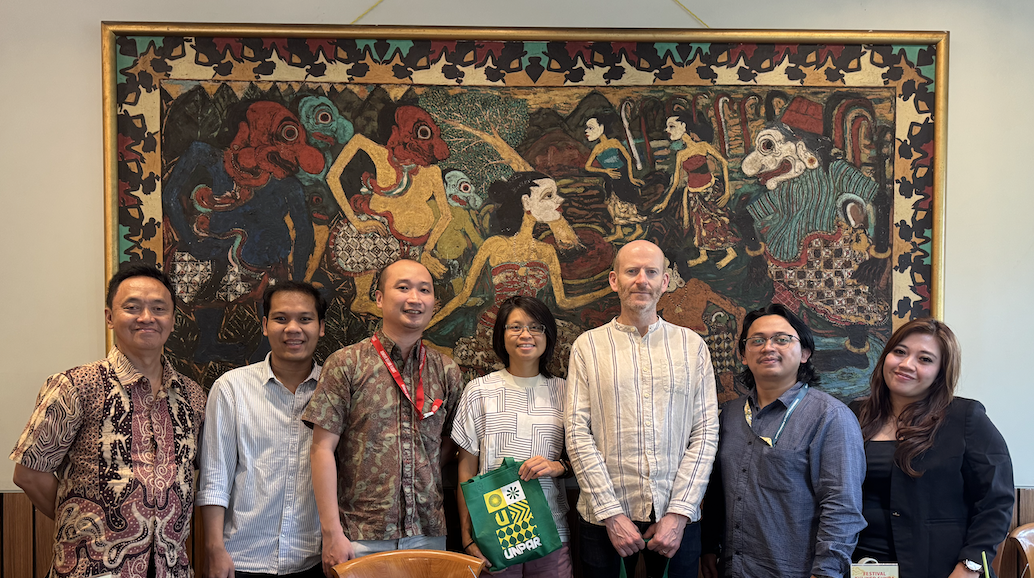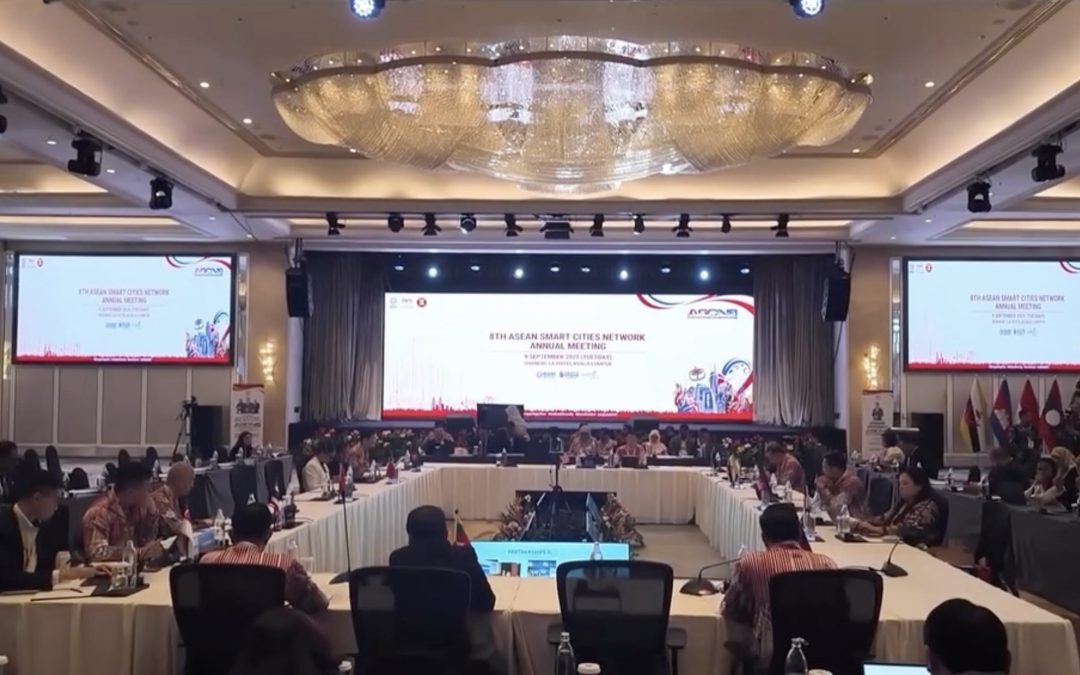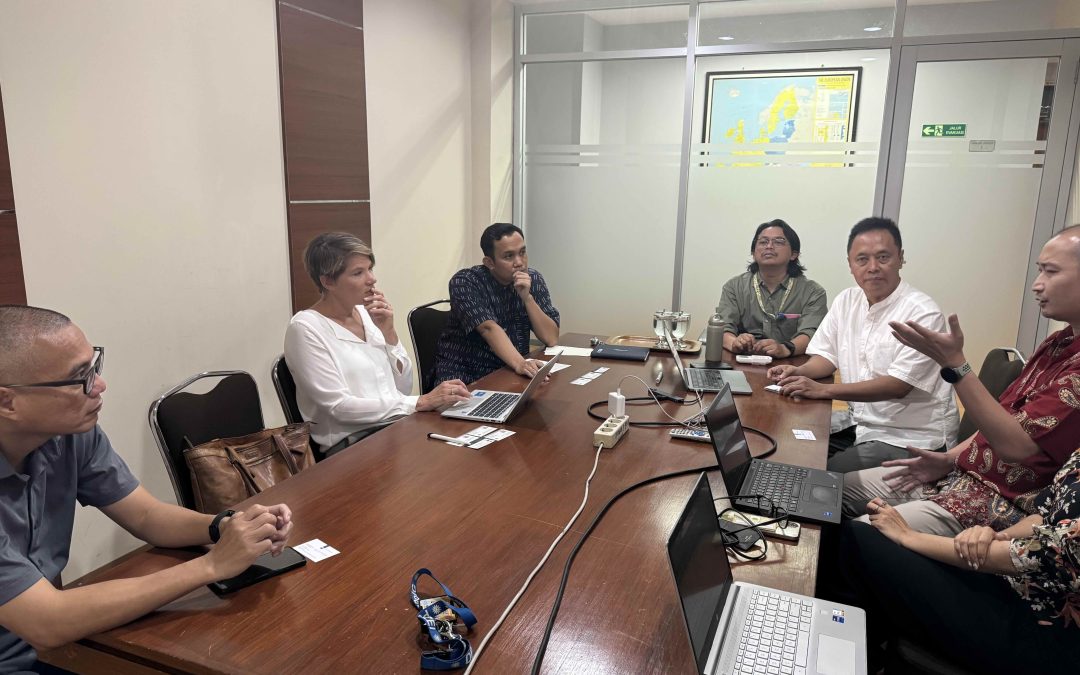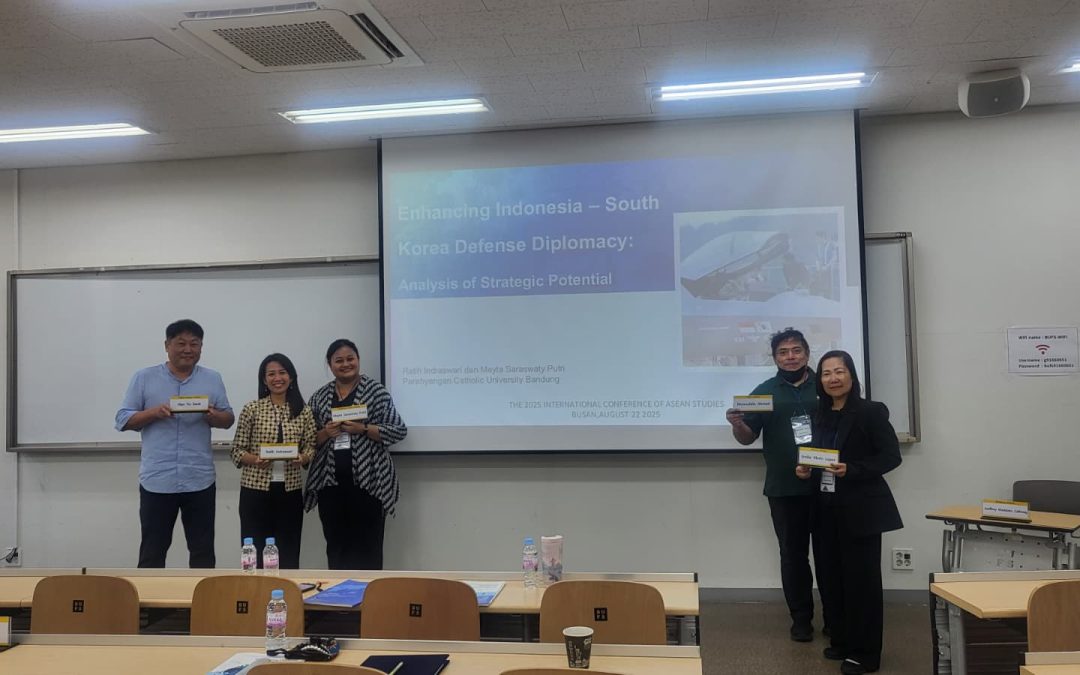The development of Smart Cities in ASEAN countries is recognized as crucial given the increasing urbanization and digitalization in Southeast Asia. More than half of ASEAN’s population lives in urban areas, and this number is expected to continue to increase by 2025. Smart Cities development is expected to help mitigate the negative impacts of rapid urbanization.
The ASEAN Smart Cities Network (ASCN) was established in 2018 to accelerate the development of smart cities to address these urbanization issues. Its role is recognized as increasing in 2024.
Since being selected as the ASCN Shepherd in 2023, the Indonesian government has remained committed to optimally fulfilling its role. The Ministry of Home Affairs, the focal point of the ASCN, is collaborating with various parties, such as the Parahyangan Center for International Studies (PACIS) and ASECH, the Center of Excellence on Smart Cities, to seek input on optimizing Indonesia’s role as an ASCN Shepherd.
As part of its commitment to optimizing Indonesia’s role as an ASCH Shepherd, the Directorate General of Territorial Administration held a Focus Group Discussion on “ASECH Institutional Governance Study for the 2024 ASEAN Smart City Network” at the Directorate General of Territorial Administration in Jakarta on October 7, 2024.
The FGD was opened by Mr. Purwo Laksito, Head of the Sub-Directorate of Urban Affairs and Land Issue Facilitation, Ministry of Home Affairs. Mr. Laksito expressed his gratitude for the support of the Unpar PACIS Team in Indonesia’s role as an ASCN Shepherd. The PACIS study is crucial as a reference for the Ministry of Home Affairs in optimizing Indonesia’s role as a Shepherd. Mr. Laksito hopes that Indonesia’s role will be further strengthened with the establishment of ASECH as a Center of Excellence specifically specializing in smart city development.
The FGD was moderated by Mr. Gensly, an Associate Expert Policy Analyst in Urban Affairs and Land Facilitation. Mr. Gensly expressed his hopes for Indonesia’s potential as a Shepherd and concrete steps to realize these recommendations.
The ASCN PACIS Study Team had the opportunity to present the results of a study conducted since April 2024. The study was compiled based on desk studies, observations, and interviews at the ASCN annual meeting in Luang Prabang from July 30 to August 1, 2024. The PACIS team also presented several recommendations based on the study’s findings.
Ratih Indraswari began her presentation on the Collaboration Forum and concrete steps to achieve strong collaboration.
Marshel Adi Putra continued with a presentation, observing the role of the private sector in developing innovations related to smart city development. He emphasized the need for greater space for private sector innovation developers at the ASEAN level to meet and share experiences.
Jessica Martha continued her presentation, noting the need for stronger collaboration among dialogue partners. Issues of funding shortages for smart cities in the ASCN could be addressed in the partnership forum.
Yulius P. Hermawan explained how capacity building can accelerate smart city development by collaborating with ASEAN dialogue partners and international development cooperation funding institutions from ASEAN countries and ASEAN dialogue partners.
Albert Triwibowo presented findings and recommendations related to the development of standardization and monitoring and evaluation mechanisms, as well as the importance of developing the ASCN ecosystem.
At the end of the presentation, the ASCN PACIS Study Team recommended seven initiatives that can be implemented to strengthen smart city development in ASEAN.
- The importance of promoting a regular series of discussions to discuss shared priorities in smart city development projects in ASEAN.
- Holding formal and informal meetings, workshops, or side events for private sector stakeholders engaged in innovation and technology at the annual ASCN meeting.
- Developing a sharing mechanism among ASEAN dialogue partners, allowing each partner to share their experiences in smart city development projects.
- Capacity building through trainings involving smart city representatives in ASEAN.
- Encouraging the implementation of commitments and guidelines developed in ASCN.
- Promoting a monitoring and evaluation mechanism for progress and achievements through mechanisms that further encourage smart city involvement.
- Facilitating interaction through digital platforms.
The FGD continued with responses from participants. Ms. Erika, CEO of ASECH, shared her experience in building collaborations among smart cities in Indonesia and subsequently initiating cooperation with ASEAN smart cities. Ms. Erika also acknowledged the importance of communication between smart city representatives and all stakeholders within the ASCN ecosystem.
Several staff from the Directorate General of Territorial Administration also responded. Concrete steps are needed to communicate the study’s recommendations with the ASEAN Secretariat and the Country Representative of Malaysia, who will chair ASCN in 2025. These concrete efforts will strengthen Indonesia’s role as an ASCN Sphere 2023-2025.
The PACIS ASCN Study Team consists of Yulius P Hermawan, Albert Triwibowo, Marshell Adi Putra, Jessica Martha, Ratih Indraswari, and is supported by a number of research assistants: Kezia Aryani Ulitua Hutabarat, Audrey Eufrasia, Reyner Thaddeus, Abigail Shanie Tjota and Jonathan Kay.

